kategori film bahasa maori
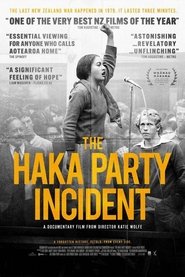 In 1979 a group of young Moriand...
In 1979 a group of young Moriand...The Haka Party Incident 2024
In 1979, a group of young Māori and Pasifika activists sought to stop Pākehā students at the University of Auckland performing a parody of haka each capping week. Unfortunately, the consequences for those activists were severe – many were convicted of crimes. Director Katie Wolfe uncovers this largely forgotten event in New Zealand's history with interviews from both in this resonant and thought-provoking documentary.
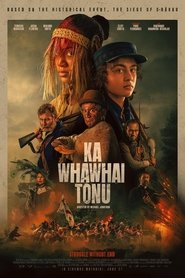 Two young teenagers are forced to...
Two young teenagers are forced to...Struggle Without End 2024
Two young teenagers are forced to take control of their own destiny amid the chaos of a pivotal battle in New Zealand’s first land wars in 1864.
 In a sweeping tale that spans 1000...
In a sweeping tale that spans 1000...We Are Still Here 2023
In a sweeping tale that spans 1000 years and multiple generations – from the distant past to the 19th century, the present day and a strange, dystopian future – this landmark collection traces the collective histories of Indigenous peoples across Australia, New Zealand and the South Pacific. Diverse in perspective, content and form, traversing the terrain of grief, love and dispossession, they each bear witness to these cultures’ ongoing struggles against patriarchy, colonialism and racism.
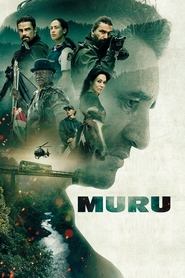 Inspired by actual events MURU is...
Inspired by actual events MURU is...The Raid 2022
Inspired by actual events, MURU is the story of a local Police Sergeant ‘Taffy’ Tāwharau, who must choose between duty to his badge or his people, when the Government invoke antiterrorism powers to launch an armed raid on Taffy’s remote Urewera community, on a school day. This gripping action drama is not a re-creation, but a response to the 2007 Tūhoe raids. MURU is a Māori concept for 'forgiveness’.
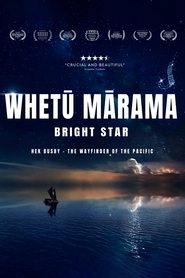 Whet Mramais the story of Sir...
Whet Mramais the story of Sir...Bright Star 2021
Whetū Mārama is the story of Sir Hekenukumai Ngaiwi Puhipi and his significance for Māori in rekindling their wayfinding DNA, reclaiming our place as traditional star voyages on the world map.
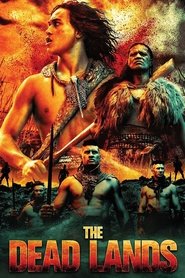 Hongi a Maori chieftains teenage son...
Hongi a Maori chieftains teenage son...The Dead Lands 2014
Hongi, a Maori chieftain’s teenage son, must avenge his father’s murder in order to bring peace and honour to the souls of his loved ones after his tribe is slaughtered through an act of treachery. Vastly outnumbered by a band of villains led by Wirepa, Hongi’s only hope is to pass through the feared and forbidden “Dead Lands” and forge an uneasy alliance with a mysterious warrior, a ruthless fighter who has ruled the area for years.
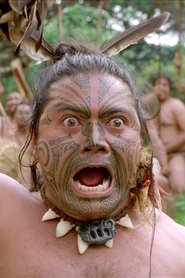 After a successful raid and having...
After a successful raid and having...Taua 2007
After a successful raid and having captured a rival village's leader, a war party must drag their huge canoe or "Taua" through the forest to reach the sea and escape with their trophy but even in a forest of their native land water can be scarce. As the warriors, driven by their insistent chief, press towards home, two boys are tasked to protect the precious water and keep an eye on the prisoner, but need and desperation grows for all as the story drives to a climax.
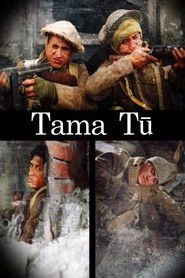 Six Mori Battalion soldiers camped in...
Six Mori Battalion soldiers camped in...Tama Tū 2004
Six Māori Battalion soldiers camped in Italian ruins wait for night to fall. In the silence, the bros-in-arms distract themselves with jokes. A tohu (sign) brings them back to reality, and they gather to say a karakia before returning to the fray. Director Taika Waititi describes the soldiers as young men with "a special bond, strengthened by their character, their culture and each other.
 The spirit of a person killed...
The spirit of a person killed...Te Rerenga Wairua 1984
The spirit of a person killed in a motorway accident runs through forest and beaches on its journey to Te Rerenga Wairua (Cape Rēinga). En route it meets tourist buses and other spirits, before reaching the gnarly pohutukawa and making the leap towards Hawaiki-Nui.
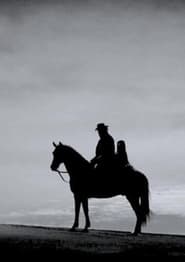 In precolonial Aotearoa a young Mori...
In precolonial Aotearoa a young Mori...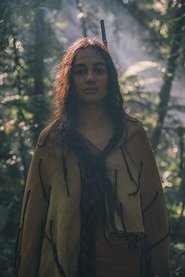 On the day she gets her...
On the day she gets her...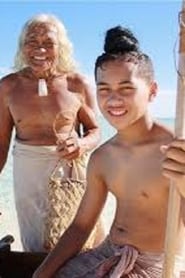
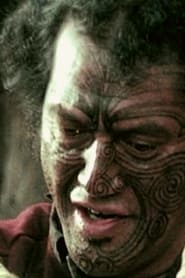 In a Maori settlement Ngati Toa...
In a Maori settlement Ngati Toa...